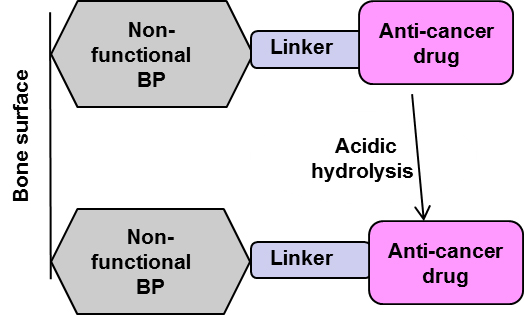Proteasomal Regulation of Bone Cell Function
Bone fractures in the elderly often have delayed or non-union repair, which is accompanied by reduced angiogenesis and osteogenesis. Protein ubiquitination and degradation is an important regulatory mechanism in cells, but its implication in fracture healing has not been well studied. We found that aged mice had delayed healing and their fracture callus had fewer mesenchymal stem cells (MSCs) and blood vessels, and more ubiquitinated (Ub) proteins. We found that callus cells from aged mice had higher Ub-PDGFRb and did not respond to PDGF-BB-induced growth, which was restored by the proteasome inhibitor, Bortezomib (Btz). We hypothesize that delayed fracture healing in aged mice is associated with TGFβ-mediated ubiquitination and proteasome degradation of PDGFRb in MSCs, resulting in reduced angiogenesis and osteogenesis, which can be prevented by Btz+PDGF-BB combination therapy. Our study will indicate the involvement of protein ubiquitination and degradation in fracture healing, and provide preclinical evidence for using Btz+PDGF-BB in the promotion of fracture healing in the elderly.
